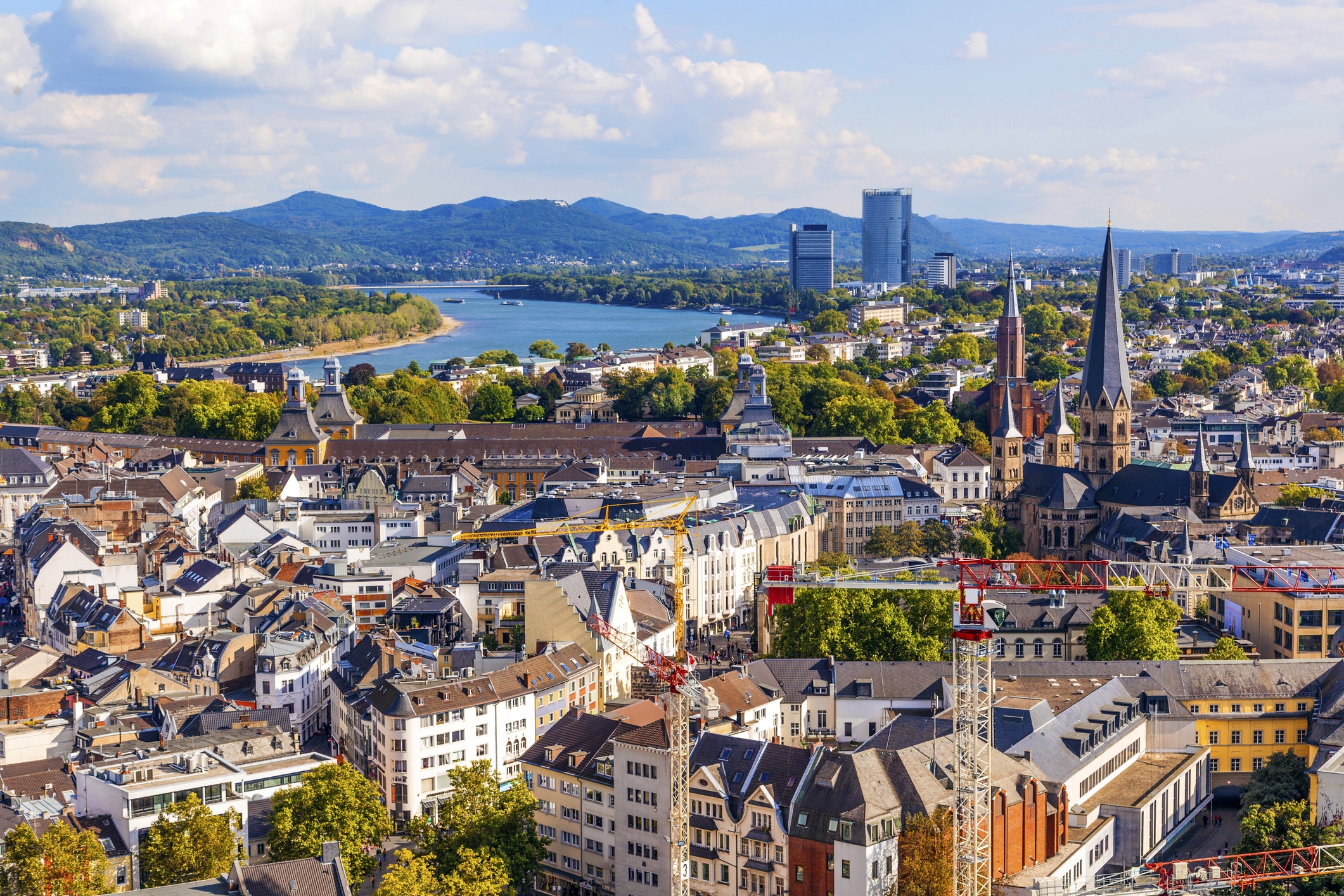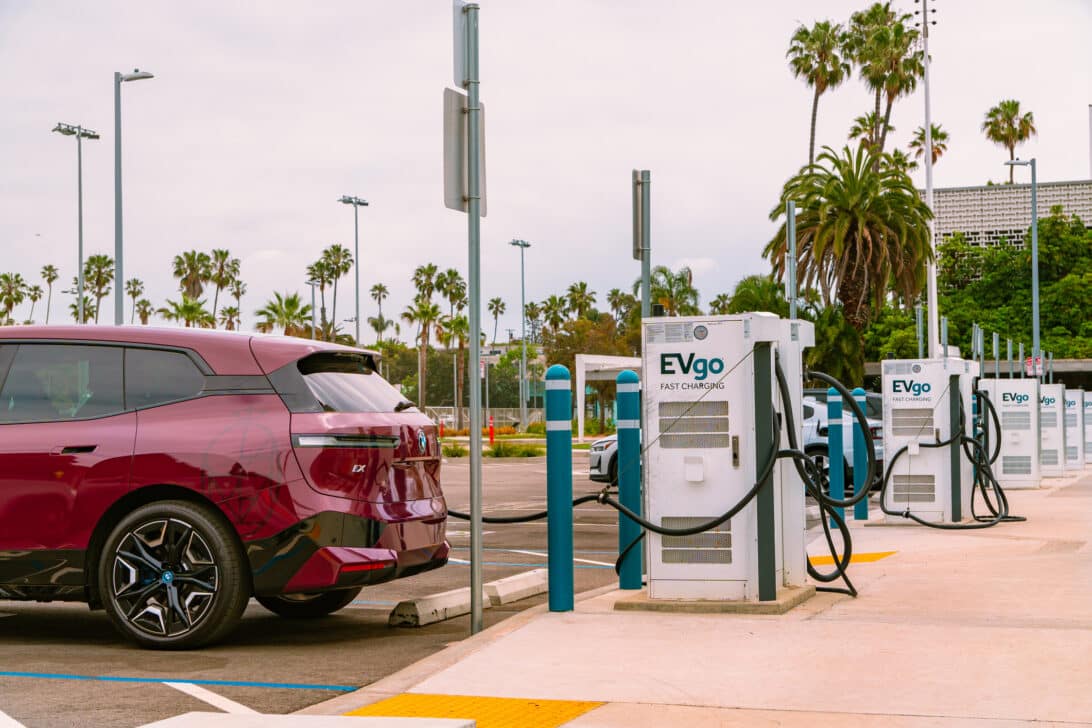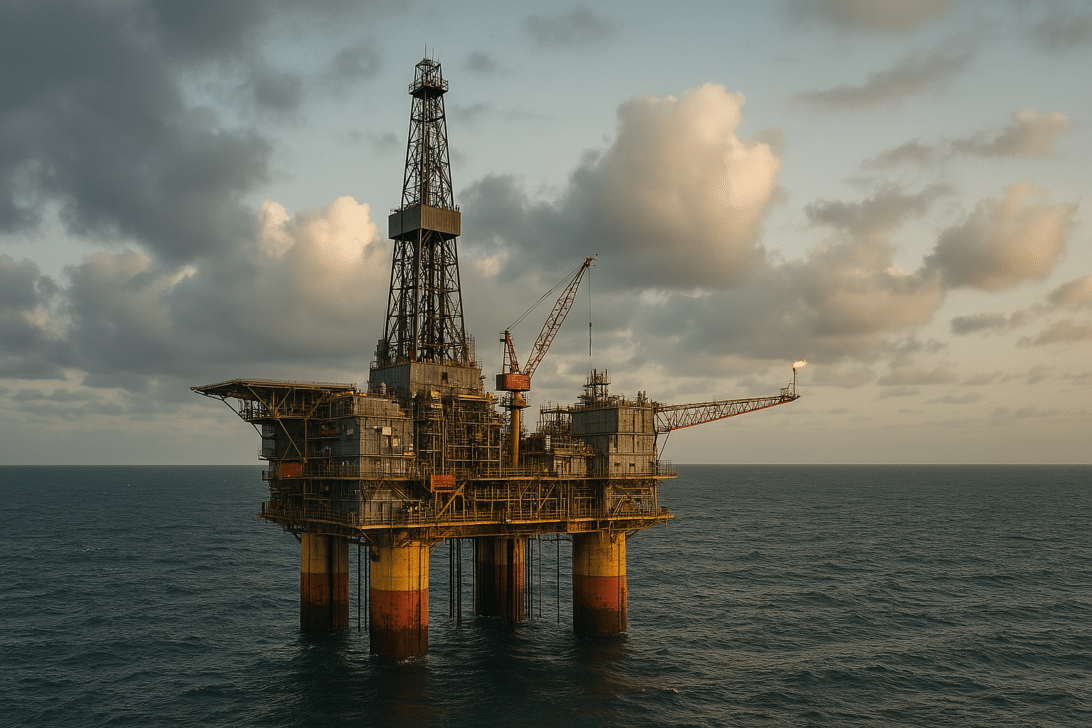The 2023 Bonn Climate Change Conference (known as SB58) is underway, and negotiators from around the world have gathered to discuss how to tackle the climate crisis. The conference, which runs from June 5 to 15, is an important milestone on the road to COP28, the next major UN climate summit, which will be held in Dubai in December.
The talks in Bonn are expected to focus on three key issues. The first is financing and particularly how developed countries can help developing countries to transition to clean energy and adapt to the impacts of climate change.
Secondly, the topic of adaptation will be centre stage. Delegates will discuss how countries can prepare for the impacts of climate change, such as more extreme weather events, rising sea levels, and food insecurity.
The third major area of debate will be loss and damage: how can countries that have been disproportionately affected by climate change, such as low-lying island nations, be compensated for their losses? This has been a key sticking point in previous climate negotiations and is unlikely to be solved easily in Bonn, or indeed in Dubai later in the year.
In addition to these key issues, negotiators are also expected to discuss a number of other topics, including:
- The global carbon budget: how much carbon dioxide can the world emit before reaching dangerous levels of warming?
- The Paris Agreement: how can countries ensure that they are on track to meet their commitments under the Paris Agreement?
- The role of technology: how can technology be used to help countries reduce their emissions and adapt to climate change?
Seychellois COP27 youth delegate Jeremy Raguain clearly and concisely explains the global stocktake and its vital role in driving the climate solutions we need. Video from Connect4Climate.
UN Climate Change Executive Secretary Simon Stiell at the Opening Plenary session acknowledged to attendees that global progress is currently inadequate and action is needed for the greater long term good.
He said: “Two very important weeks lie ahead of us. The latest reports of the WMO and IPCC make clear that climate change is accelerating, and we are lagging behind in our actions to stem it.
“I’m aware of the difficulty you face, wearing two hats at these sessions. There is, at times, tension between national interest and the global common good. I urge delegates to be brave, to see that by prioritizing the common good, you also serve your national interests – and act accordingly.”
The talks in Bonn are likely to be challenging, but they are also an important opportunity for countries to come together and make progress on the climate crisis. The ‘Global Stocktake’ gives the world the opportunity to review where we are and get a view of where we need to get to, in order to meet our collective Paris Commitments. Simon Stiell described it as “an articulation of the gap and how to close it.”
The gap is large and could well get bigger if things don’t go according to plan in Bonn. The world is watching, and the stakes are high.
UPDATE
Sadly, the progress that was hoped for from the Bonn meeting didn’t really materialise. There wasn’t much progress at all on the key financial issues.
Tom Evans, policy advisor on climate diplomacy and geopolitics at environmental consultancy E3G, summarised the situation: “Here in Bonn, negotiators have been playing the blame game and pointing fingers at each other’s insufficient action.”
“There’s a real risk we end up with a lowest common denominator outcome if champion countries don’t step in to cobble a deal together before COP28,” warned Evans.
The nub of the problem is that wealthy countries seem to be resisting payment of the $100bn a year they promised to poorer nations to help them move to cleaner energy. Developing nations don’t think this is acceptable.
One bright point was the stronger language being used by the UAE’s Sultan al-Jaber, president of the COP28, about the “phase down of fossil fuels being “inevitable”. If this outcome is officially accepted by all participants, it could – possibly – help to unlock more progress at the COP28 meeting in December.
Apart from that, there were no substantial results from Bonn, apart from a lot more hot air.
Subscribe
Sign-up to receive our newsletter





